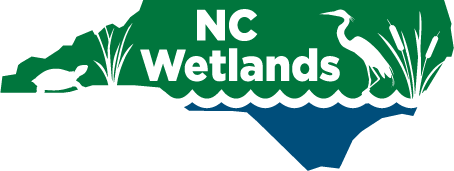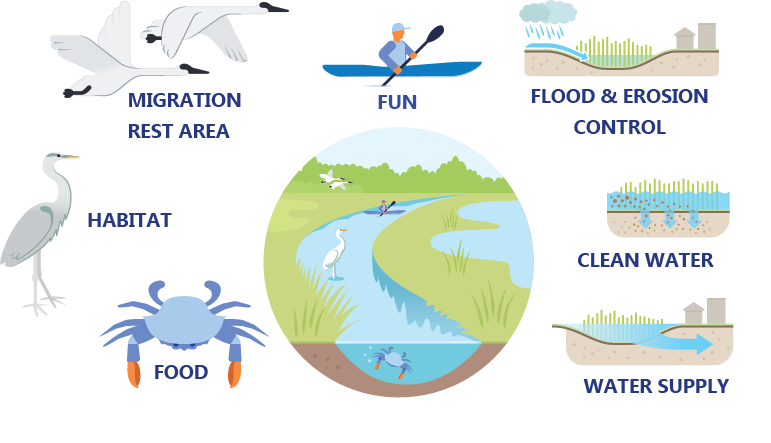Why Our Wetlands Matter: Functions and Benefits of NC’s Wetlands
Clean Water
Wetlands help clean water passing through them before it reaches streams, rivers, estuaries, and the ocean. In North Carolina, many cities and towns get their drinking water from rivers.
Water Supply
Water supply is essential to living things. Wetlands help replace water in underground sources and reservoirs by holding it after rainfall and slowly releasing it into the ground.
Flood Control
Wetlands give rainwater a place to go – they hold water from heavy rain events and help prevent flooding in nearby areas. An acre of wetland can store 1 to 1.5 million gallons of floodwater.
Erosion Control
Wetlands slow down soil erosion by slowing the speed of the water passing through them when streams overflow into wetlands. Coastal wetlands alone provide storm protection valued at $25.6 billion every year.
Fun
Wetlands are great places for recreation. Because of the variety of wetlands, and the plants and animals that live there, people like to visit wetlands to fish, boat, hunt, hike, camp, birdwatch, take pictures, and relax.
Food
Wetlands are a good source of food production. Harvest of fish and shellfish that rely on wetlands produced $55 million in North Carolina in 2016 ($70.6 million in 2023 dollars). Nearly all (90%) of our commercially harvested fish and shellfish depend on wetlands, like trout, striped bass, pike, sunfish, crappie, crab, and shrimp.
Habitat
Wetlands are incredibly important to a huge variety of animals and plants that could not exist without them – plants, insects, amphibians, reptiles, fish, birds, and mammals. The Southeastern U.S. is a biodiversity hotspot in the world, in large part because of its many types of wetlands. Wetlands serve as homes for 31% of the United States’ plant species! Up to one-half of North American bird species nest or feed in wetlands.
Medicine
Lots of medicines have been developed from discoveries made in wetlands, with more waiting to be discovered. The common willow tree which grows in wetlands is a source of salicylic acid, used as a pain killer and skin treatment.
Rest Area
Wetlands in North Carolina provide resting locations for migrating birds like tundra swans, songbirds, gannets, and more! They also serve as important refuge for pollinating insects, which we rely on for pollinating most of our fruits and vegetables.
North Carolina’s economic production from wetlands includes: sport and commercial fisheries (fish, crabs, shrimp, oysters), hunting and trapping, timber production, eco-tourism (birdwatching, boating/canoeing/kayaking, hiking, photography).
The loss of 1 acre of coastal wetlands could result in a $19,000 loss in gross domestic product (in 2023 dollars). Coastal wetlands around the United States could be providing as much as $33 billion/year (in 2023 dollars) in storm protection services.
What can stop a wetland from helping in these ways?
Most wetlands perform multiple functions, but the benefits they are able to provide can be reduced by excessive sediment deposits, invasive species, trash, overgrazing, too much water, ditching/draining (not enough water), logging, saltwater intrusion, etc.
What does an unhealthy wetland look like?
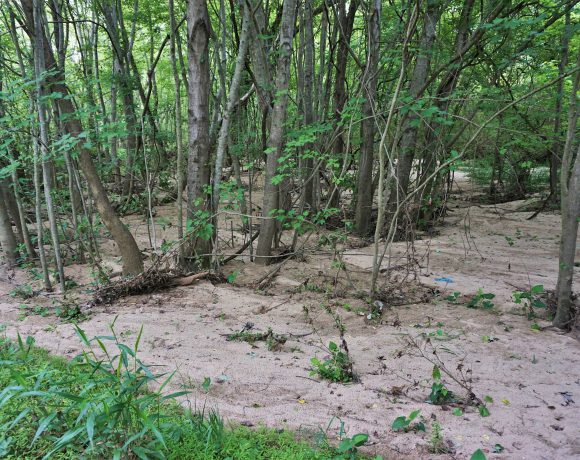
Too much sediment washing into a wetland can destroy habitat and reduce flood capacity.
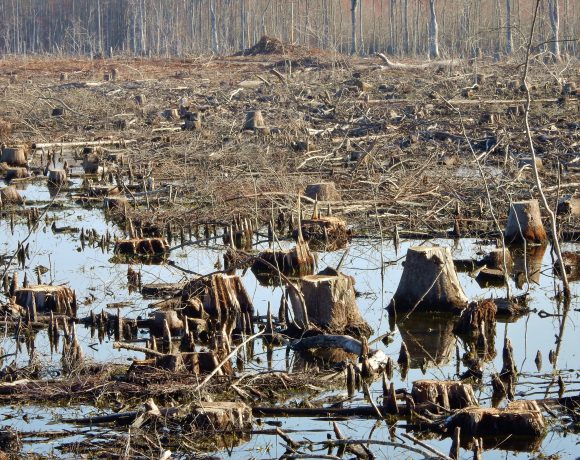
Logging hinders wetland function.
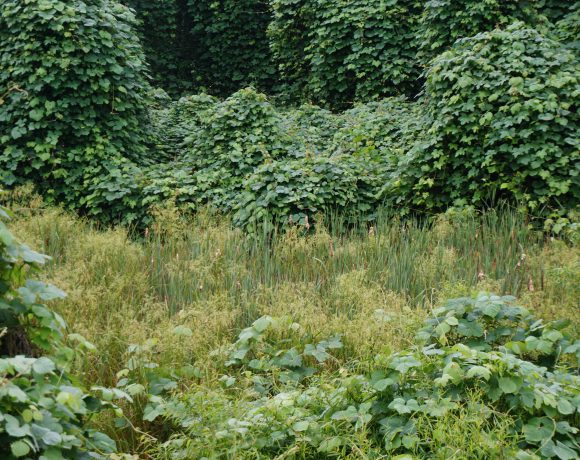
The invasive species kudzu is threatening to overwhelm this wetland.
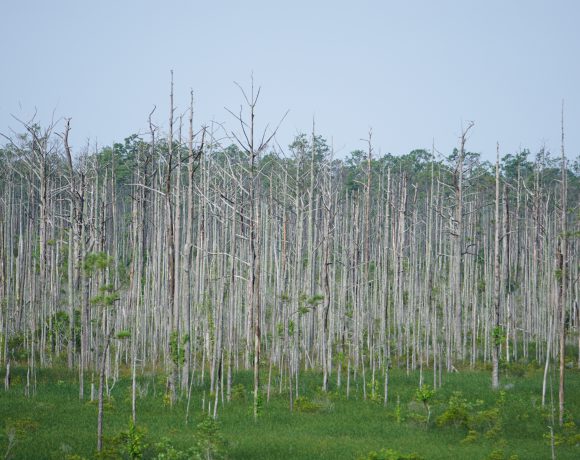
Saltwater intrusion has killed these trees.
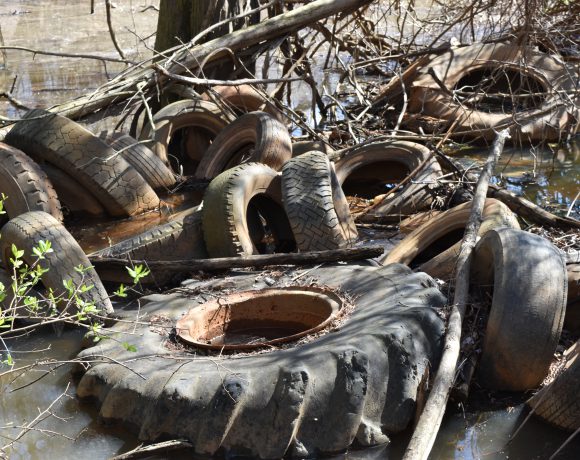
Trash pollutes water in wetlands.
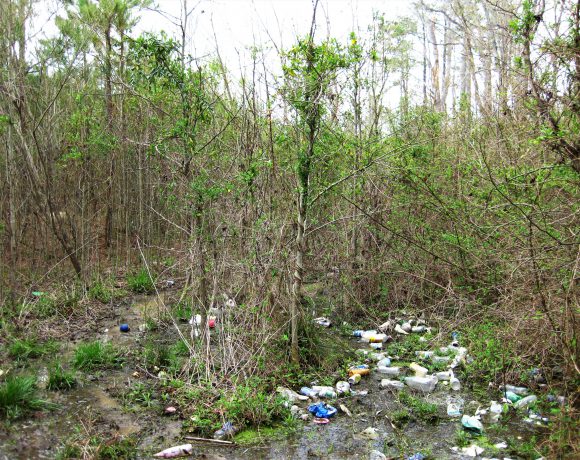
Trash in wetlands endangers animals and damages their habitats.
Information sources: EPA Wetland Factsheet on Functions and Values of Wetlands, National Park Service, North Carolina Coastal Habitat Protection Plan

